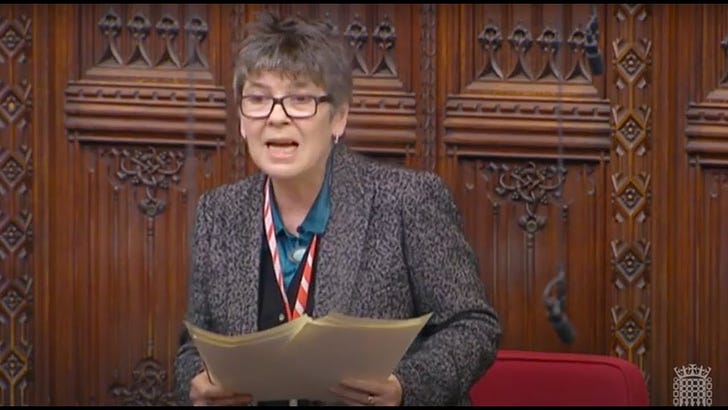Debate hosted by the Academy of Ideas Education Forum on 4 March 2021.
INTRODUCTION
A large survey undertaken by the NHS in July 2020 found that a staggering one in six children now have a ‘probable mental health disorder’. Since that report we have had another school lockdown. Anne Longfield, the outgoing Children’s Commissioner for England, argued that ‘damage to children’s mental health caused by the Covid crisis could last for years without a large-scale increase for children’s mental health services’.
It is widely accepted that lockdown and school closures have had a detrimental effect on young people, but what does that really mean? Some argue that a year of severe disruption to schooling has limited children’s educational, social and intellectual development, with the likelihood of knock-on effects on the future university and career prospects of GCSE and A Level students.
But are the NHS, Children’s Commissioner and others unnecessarily catastrophising the state of children’s mental health? Have the kids really been messed up by lockdown? Or might they be more resilient than may adults give them credit for?
At what point does missing your school friends transform from disappointment, sadness and frustration to mental illness? Is there now a danger that we stretch the definition of mental health so far that it encompasses many of the normal travails and anxieties of normal teenage life and growing up?
On the other hand, kids missing out on seeing their peers and grown-up role models such as grandparents and teachers is no trivial matter. Is it not bound to limit their emotional and social cognition and lead to serious problems? As schools get set to reopen, this latest online Education Forum debate will explore the impact of lockdown on the mental health of young people.
SPEAKERS
Molly Kingsley co-founder, UsForThem
Dr Ken McLaughlin senior lecturer in Social Care and Social Work, Manchester Metropolitan University
Sarah Standish school counsellor at a Harrow school














Share this post